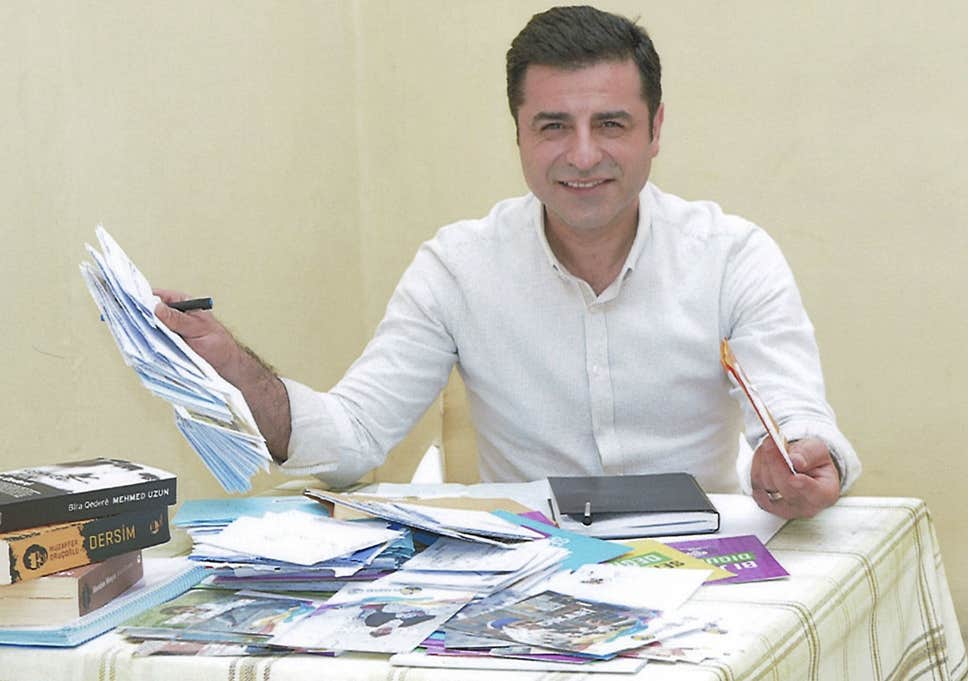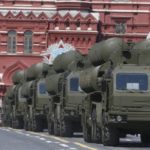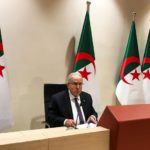Jailed former co-chair of the pro-Kurdish Peoples’ Democratic Party (HDP) Selahattin Demirtaş has said the HDP cannot be held responsible for the 2015 collapse of Ankara’s reconciliation talks with the outlawed Kurdistan Workers’ Party (PKK), Turkish media reported on Tuesday.
The HDP was in no position to end the talks since the parties involved were the ruling Justice and Development Party (AKP) and the PKK, Demirtaş told the Medyascope news website in an interview.
Designated as a terrorist group by Turkey, the United States and the European Union, the PKK has waged a separatist insurgency against the Turkish state since 1984. More than 40,000 people have been killed in the conflict, centered in southeastern Turkey.
In 2012 the AKP had declared a ceasefire with the PKK in an effort to resolve the ongoing conflict with the militant group as part of efforts to solve what they referred to as the “Kurdish problem,” a term prevalent in Turkey’s public discourse to denote the Kurdish struggle for recognition.
Referring to Turkish President Recep Tayyip Erdoğan’s visit to the predominantly Kurdish city of Diyarbakır where he said it was the HDP’s “bad intentions, ulterior motives and hidden agenda” that ended a two-and-a-half-year cease-fire in 2015, Demirtaş said Erdoğan’s visit failed to arouse any interest in the residents of Diyarbakır.
“Indeed, he did not have anything serious to tell them. As far as I can see, his visit created zero enthusiasm,” he said.
While he had nothing to give the people of Diyarbakır, Erdoğan has many things to learn from his visit there, Demirtaş said.
“It was impossible for the HDP to officially and practically end the reconciliation talks because the parties involved were the AKP and the PKK. The HDP only facilitated it [the talks]. It wasn’t the HDP that started the talks, so it didn’t have power or authority to end them,” Demirtaş said.
Demirtaş maintained that people who accuse the HDP of ending the talks are lying or distorting the truth.
“If the AKP attaches so much importance to reconciliation, they can launch more talks. Who’s holding them back?” Demirtaş asked.
Drawing attention to the AKP’s contradictory policies and remarks about the Kurdish problem, Demirtaş said their position is to support any serious effort to end the violence.
“It is a contradiction for the AKP to promote the reconciliation talks on the one hand and proceed with the closure case [against the HDP], arrests, pressure and a continuation of the ‘isolation’ [of PKK leader Abdullah Öcalan] in İmralı [prison] on the other. Yet, unfortunately, everything is done with an eye on elections,” he said.
Turkey’s Constitutional Court on June 21 accepted an indictment filed by a senior prosecutor seeking the closure of the HDP and the imposition of a political ban on 451 party members as well as a freeze on the party’s bank accounts for alleged ties to the PKK.
Demirtaş maintained that the AKP put an end to the talks because they were bleeding votes in the polls.
After Erdoğan’s AKP lost its governing majority for the first time in the June 2015 elections, he reignited a war against the Kurds in the country.
Turkish authorities had conducted direct talks with Öcalan, the jailed leader of PKK, for over two years until the summer of 2015, when the death of two police officers near the Syrian border became the official reason for the collapse of the negotiations.
Since then, there have been continuing clashes between the PKK and Turkish security forces.
Both Erdoğan’s AKP and its ally, the far-right Nationalist Movement Party (MHP), frequently accuse HDP, the second-largest opposition group in parliament, of ties to the PKK. The party denies the government’s claim and says it is working to achieve a peaceful solution to Turkey’s so-called Kurdish problem.
Demirtaş has been behind bars on politically motivated charges since November 2016 despite rulings from the European Court of Human Rights calling for his immediate release.
Source:Turkish Minute
***Show us some LOVE by sharing it!***



